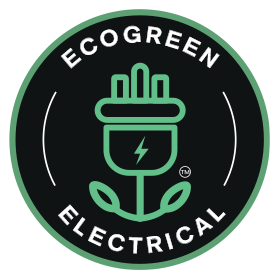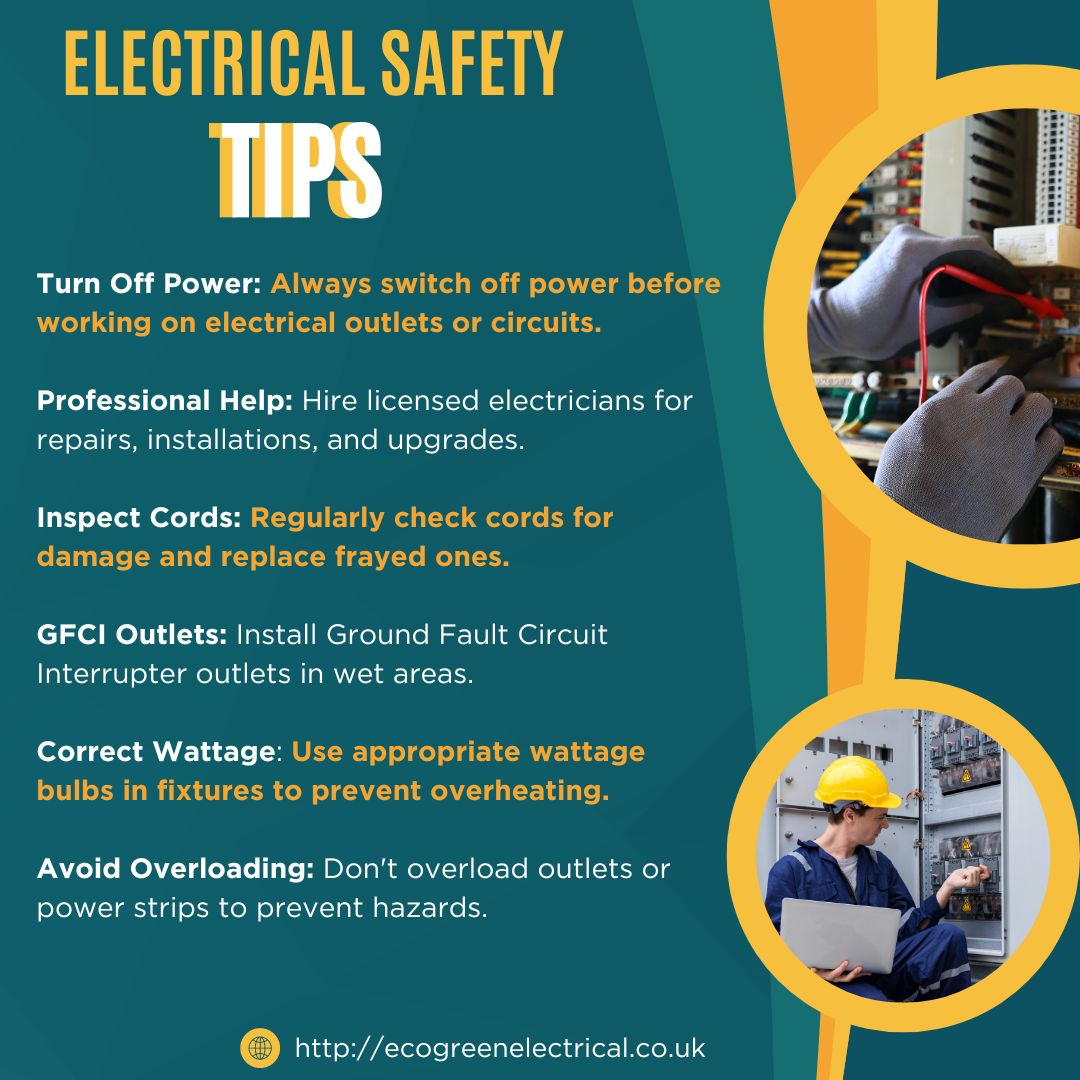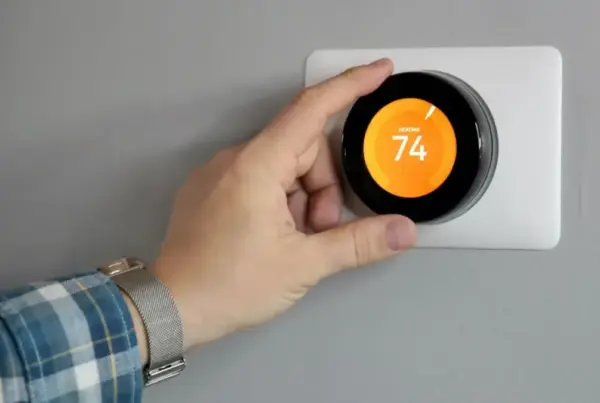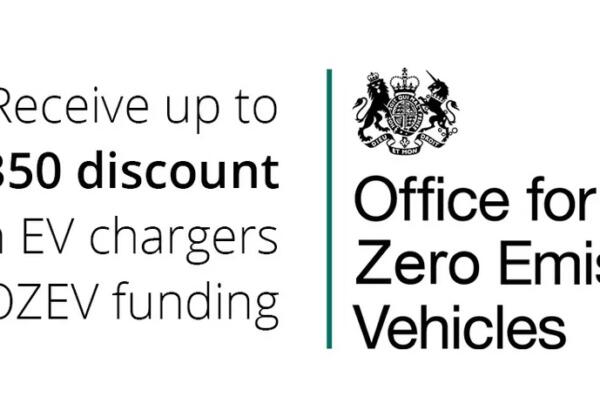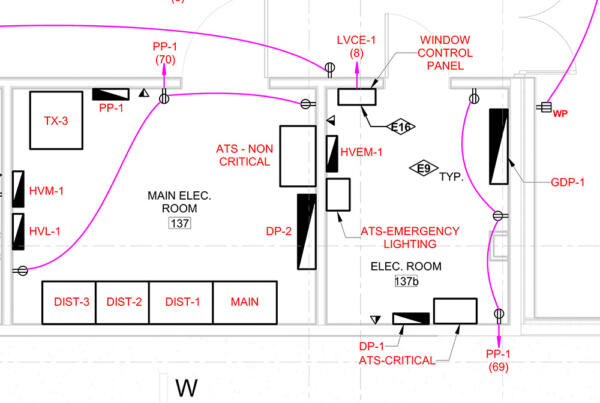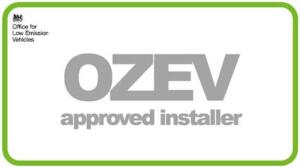Common Electrical Issues in Residential Buildings
Electrical problems within the confines of our homes can often be dangerous and, more importantly, hazardous. Beyond the inconvenience of power outages and flickering lights lies the threat of potential risks ranging from disrupting our daily routines to sparking devastating fires.
Each year, around 70 people die, and 350,000 are seriously injured by electrical accidents in their homes. The gravity of these statistics underscores the critical need to mitigate these common electrical issues that may lurk within our homes.
Overloaded Circuits:
A common but underestimated problem, circuit overloads occur when too many appliances share a single circuit. Imagine connecting both an electric oven and a stove simultaneously to a circuit designed for one appliance. This can lead to breaker trips and even dangerous sparks.
Flashing Lights:
Flickering lights can be a symbol of high voltage surges, loose connections, or aged wiring. As time takes its toll on wiring, faults can emerge, necessitating replacement. Upgrading to “smart” power supplies, LED’s, or using dimmer switches, and integrating motion sensors can help to tame these fluctuating luminous spectacles.
Residual Current Devices:
RCDs act as sentinels, swiftly tripping circuits when electrical issues occur, thereby preventing shocks. Their vigilance is vital in areas at risk of water exposure. RCDs can even trip due to minor loads, and while they generally can be reset, persistent tripping should be addressed.
Tripped Circuit Breakers:
Circuit breakers serve as guardians against electrical overloads, automatically shutting off when too much current surges. Tripped breakers are relatively simple to reset. From loose wiring to faulty devices, there are various factors of these trips.
Electrical Surges:
Surges, faulty wiring, or even lightning, can destroy appliances and electronics. Surge protectors act as shields, blocking these damaging surges from infiltrating your devices.
Sockets and Switches:
When plugs and switches act up, it’s often because of loose wires, old covers, or things not fitting right. Ignoring these problems can make things dangerous, so it’s important to fix them quickly. This way, your stuff works like it should, and you stay safe too!
Power Sags and Dips:
Voltage drops, whether temporary (dips) or sustained (sags), can harm appliances and escalate energy bills. Managing power usage, employing power strips, and unplugging idle appliances can prevent these voltage variations.
Spotting Electrical Issues:
We all want our homes to be cosy and worry-free zones. But sometimes, sneaky electrical problems can creep in and cause more than just a flicker of concern. To keep your home humming smoothly and safely, it’s essential to know how to spot these issues. And when it comes to fixes, remember that a superhero in the form of a professional electrical contractor is just a call away!
1. Flickering Lights?
Are your lights putting on a mini light show? Flickering could mean loose wires or high voltage surges. If the disco lights aren’t your style, it’s time to call in the experts.
2. Sudden Tripped Breakers?
Got no power? Check if the circuit breaker’s playing tricks. A tripped breaker points to an overloaded circuit. Unplug a few things, but if it keeps happening, call for help.
3. Outlets and Switches Acting Different?
Is your plug not hugging your charger like before? Or switches not switching as they should? Loose connections might be at play. But remember, messing with wires can be shocking – best leave it to the pros!
4. Power Surges:
Is your TV acting like it’s possessed? Power surges can damage your gadgets. Plug into surge protectors to save your devices from shocks.
5. Smell Something Burning?
If you catch a whiff of something funky and it’s not the cookies, it could be a sign of faulty wiring. Don’t wait, call a pro before it turns into a real hot mess!
6. DIYers, Beware!
Before you start a DIY electrical project, remember this: safety first! Electricity doesn’t play nice, and wires can be tricky. If you’re not 100% sure, it’s better to let a pro handle it.
Give us a call on 01727 576131
